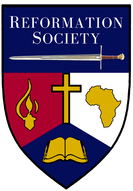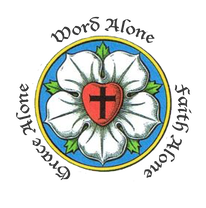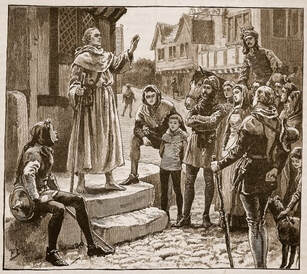 Peter Waldo was a wealthy merchant, well respected and a man of influence, in the community of Lyons. One evening, while entertaining friends at his home, one of them suffered a sudden seizure and died. This incident so shook Waldo that he began to seriously think of his soul and eternity beyond the grave. He began to regularly attend church services, but was not satisfied with the superficial rituals in Latin. He employed two priests to come to his house to translate the Gospels of Christ into French. Waldo was most excited as he read, meditated on and carefully studied the Words of Christ. Yet, instead of comfort and peace, he found conviction and challenge. He saw himself as the foolish rich man who was laying up treasures on earth, but was spiritually poor towards God. Again and again he read the Words of Christ: “Take heed and beware of covetousness, for the abundance of a man’s life consisteth not in those things which he possesseth” Luke 12:15. 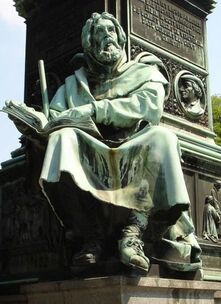 He determined to obey the command of Christ to the rich man recorded in Mark 10:22: “If you wish to be perfect, sell what you have and follow Me.” This Waldo saw as the Gospel resolution to his personal crisis. He determined to follow this exhortation of Christ literally. He gave all of his possessions to the poor in his community as restitution for his former business practices. He denied himself and followed Christ as a poor man. As Waldo’s friends, family and neighbours thought him insane, he replied to them: “My friends and fellow citizens, I am not out of my mind as some of you think. I have avenged myself on these my enemies, who kept me in such slavery, that I cared more for money than for God, and served more willingly the creature rather than the Creator.” After Waldo had finished distributing all of his property and possessions, he found many of the poor standing by his side, not content with mere existence, but desiring to live as true Christians, even as Waldo was demonstrating and proclaiming. After receiving a call from the pope’s representative to clarify his position and the intentions of his new movement, Waldo declared: “We have decided to live by the Words of the Gospel, especially that of the sermon on the Mount, and the Commandments, that is, to live in poverty, without concern for tomorrow. But we hold that also those who continue to live their lives in the world doing good will be saved.” 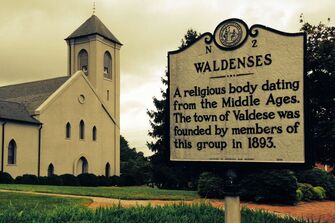 Waldo did not intend to separate from the Catholic Church, but rather to work for its reformation from within. It also was not his intention to start a new church. From the beginning the Waldensians described themselves only as: “The poor.” Vows of poverty in the Middle Ages were not unusual. There were numerous monastic movements, which had done that, such as The Franciscans of Francis of Assisi. However, Waldo remained a layman, and his followers did not call themselves “brothers” as the monks did, but as “co-members” of the “society.” They took these terms from the business world, and avoided describing themselves in religious terms. They wanted only to be a group of lay persons who were working together for the living and preaching of the Gospel. Their purpose was to live the Christian Faith according to the teachings of Jesus Christ as found in the Gospels. For this purpose they emphasised the importance of hearing and understanding the Word of God, the Bible. It was from the Scriptures that men and women could know Christ as the focus of their faith. They chose to live in voluntary poverty and sought to be faithful in proclamation of the Gospel in public. This greatly offended the religious leaders of their time and brought the wrath of the Catholic church upon them. The archbishop of Lyons attempted to stop Waldo from preaching. Public preaching, according to the Catholic theologians, was reserved for the clergy alone. According to Catholic belief and practice at that time, Waldo, the merchant, not being ordained, had no right to preach. This Waldo challenged: “Who are the real successors of the Apostles? Not necessarily those who are ordained, but rather those who respond to the Lord’s call and live like the Apostles of old. What makes one a true heir to the Apostles is not ecclesiastical ordination, but faithfulness to the Word of God. The authority to preach God’s Word does not come through any church organisation, but from Christ Himself.” Waldo asserted that God’s Word and His Spirit do surely act within the church, but they are not solely administered by it. 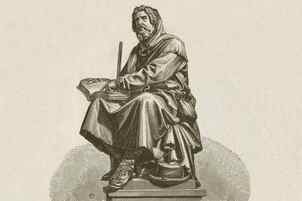 As a result, Waldo was severely threatened by the archbishop of Lyon. The archbishop ordered him to cease his preaching. To this Waldo responded: “It is better to obey God than man.” For this bold defiance, quoting the words of the Apostle Peter in Acts 4:19, his followers began to call him Peter Waldo. The archbishop excommunicated Waldo and had him banished from the city. With great zeal, Peter Waldo and his followers scattered the Gospel seed throughout Northern Italy, Southern France, Switzerland, Austria and Germany. The Council of Verona pronounced fearsome anathemas upon the poor men of Lyons who presumed to preach the Gospel without ordination, and to dare to translate the Scriptures from Latin into the vernacular. As a result, the Waldensians were hunted down by agents of the Inquisition and many thousands were imprisoned, tortured and put to death. At first the Waldensians were pacifists, rejecting any form of violence, even in self-defense. They also refused to take oaths. However, in time, other generations of Waldensians grew to be resourceful soldiers, tenacious fighters and innovative military strategists, defeating Catholic armies and securing religious freedom for their beleaguered families in the Alps of Piedmont. 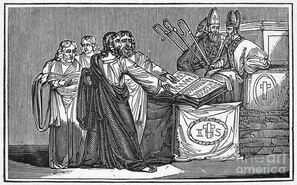 Some of the Waldensian precepts for living in the world included: 1. We must not love the world. 2. We must, if possible, live at peace with men. 3. We must shun evil company. 4. We must not avenge ourselves. 5. We must love our enemies. 6. We must possess our souls in patience. 7. We must not be unequally yoked with unbelievers. Some of the Waldensian precepts for personal holiness included: 1. We shall not serve the lusts of the flesh. 2. We shall govern worldly thoughts. 3. We shall mortify our members. 4. We shall shun idleness. 5. We shall practice works of mercy. 6. We shall live in faith and morality. 7. We shall fight against lusts. 8. We shall speak to one another of the Will of God. 9. We shall diligently examine our consciences. 10. We shall purify, improve and compose the spirit and mind. Despite centuries of relentless, and vicious, persecution and harsh oppression, the Waldensians not only managed to survive, but to expand, always attracting new followers and managing to proclaim the Gospel in new areas. 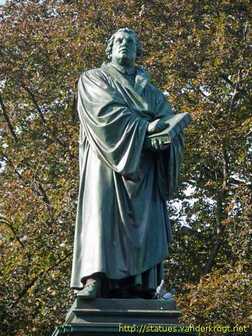 Peter Waldo grasped the great Reformation principles of the supreme authority of Holy Scripture, and salvation by grace through faith. He lifted up the principle that Christ’s Law must be supreme. He recognised that the churches had become unfaithful to God’s Law and to the Gospel of Christ. In their worldly quest for temporal riches and power, the church had long since abandoned the humility of Christ and the poverty of the Apostles. By compromising with the world it had lost its spiritual power. But the Waldensians did not seek to be separatists, but to purify the church from within. From the very beginning of this movement, the Waldensians have always been known as distributors of the Scriptures and Christian literature. As a result, their followers were found as far afield as the Danube River in Austria, in Northern Germany and in Bohemia where their teachings and example helped inspire the great Bohemian professor and Reformer John Hus. Some of the most effective Waldensian evangelists were salesmen, merchants who travelled from town to town selling fabrics, clothing, jewelry, artifacts, and alluding to more precious goods in their possession - to jewels of inestimable value, even The Pearl of Great Price – the Gospel of Jesus. 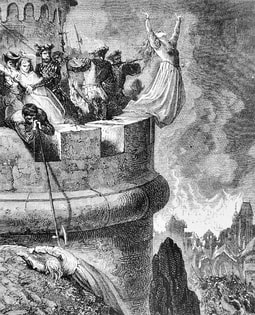 In German, the Waldensians were called: “Apostles.” The Polish described them as: “Men who tell the truth.” The Waldensians became known as those who proclaimed the Bible as the only rule for faith and conduct. They rejected the papacy, purgatory, indulgences, the mass, and other forms of superstition, as unBiblical. They rejected religious formalism in favour of Gospel simplicity. They promoted Christ-centred worship, Bible reading, faithful prayer and Scriptural preaching as the responsibility of all believers. The Council of Valencia (1229) forbid men who were not priests to read the Bible, whether in Latin or in the vernacular. The Bible itself was placed on The Index of Forbidden Books. A savage wave of persecution rose up against the Waldensians. The Inquisition resorted to a murderous campaign which tortured and slaughtered thousands of these faithful Bible believers. Early in the Reformation, French Reformer, William Farel, travelled across the Alps and recruited the Waldensians into the mainstream of the Reformation. The persecution of the Waldensians intensified in the 17th Century and in 1655, Oliver Cromwell, Lord Protector of England, declared a Solemn Fast on behalf of the suffering Waldensian believers. The Protector threatened to send the English Navy to the Mediterranean to strike a blow on behalf of the Protestant cause, and threatened military intervention unless the persecution ceased. Oliver Cromwell’s secretary, John Milton, wrote a famous sonnet on the Massacres at Piedmont, and Cromwell himself headed a campaign to raise support for the Waldensians with a personal gift of 2,000 pounds. He urged their cause so whole-heartedly that over half a million pounds was donated for the suffering Waldensians. Cromwell’s vigorous intercession, and threat of mobilising English naval and military action, brought the persecution of the Waldensians to a close. The Waldensians survive to this day, the oldest Evangelical church, with a heritage of over 800 years of faithful proclamation of the Gospel and firm resistance against tyranny. “To him who overcomes, I will give the right to eat from the Tree of Life.” Revelation 2:7 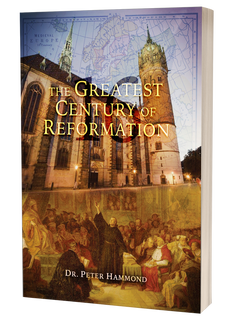 Dr. Peter Hammond The Reformation Society PO Box 74 Newlands, 7725 Cape Town, South Africa E-mail: [email protected] Web: www.ReformationSA.org Sources:
1 Comment
Gareld Rogers
4/23/2024 09:59:59 am
I am curious, as to why, in this article, you trace the origan of the Waldenses back to Peter Waldo. James A. Wylie, one of the sources quoted. believes they had a much earlier beginning. He is not the only historian to believe the Italian Waldenses predated Waldo by several hundred of years. This can be seen in the following sources.
Reply
Leave a Reply. |
History ArticlesCategories
All
Archives
May 2023
|
- Home
-
History Articles
- History Articles
- All Categories
- Character Studies
- Greatest Century of Missions
- Greatest Century of Reformation
- Reformation In Bohemia
- Reformation In England
- Reformation In France
- Reformation In Geneva
- Reformation In Germany
- Reformation In Italy
- Reformation In Scotland
- Reformation in Switzerland
- Victorious Christians
- Contemporary Articles
- Resources
- Contact
- Donate
|
The Reformation Society
PO Box 74, Newlands, 7725, South Africa Tel : (021) 689-4480 Email: [email protected] Copyright © 2022 ReformationSA.org. All rights reserved |
- Home
-
History Articles
- History Articles
- All Categories
- Character Studies
- Greatest Century of Missions
- Greatest Century of Reformation
- Reformation In Bohemia
- Reformation In England
- Reformation In France
- Reformation In Geneva
- Reformation In Germany
- Reformation In Italy
- Reformation In Scotland
- Reformation in Switzerland
- Victorious Christians
- Contemporary Articles
- Resources
- Contact
- Donate
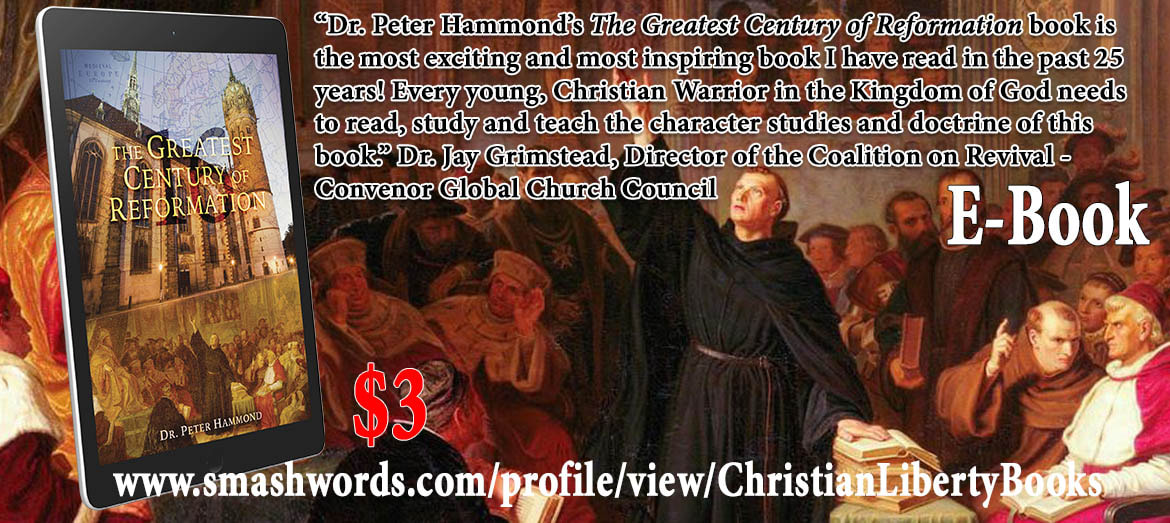
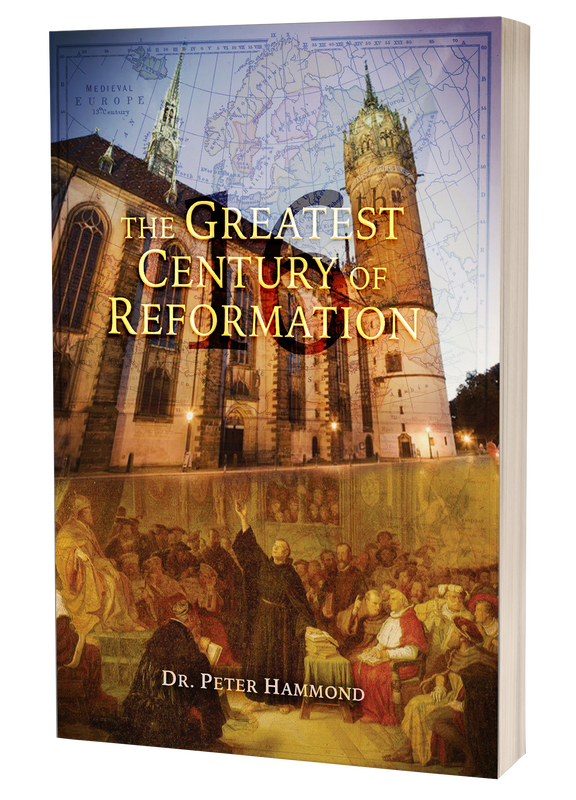
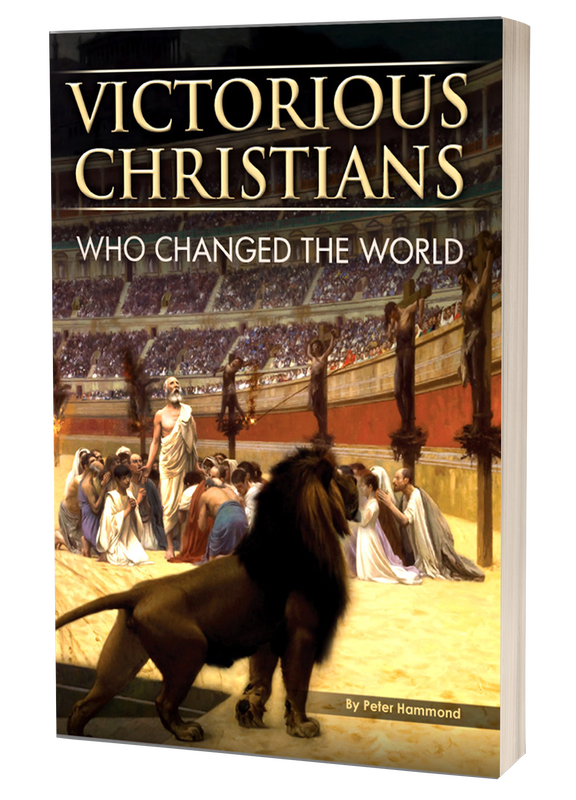
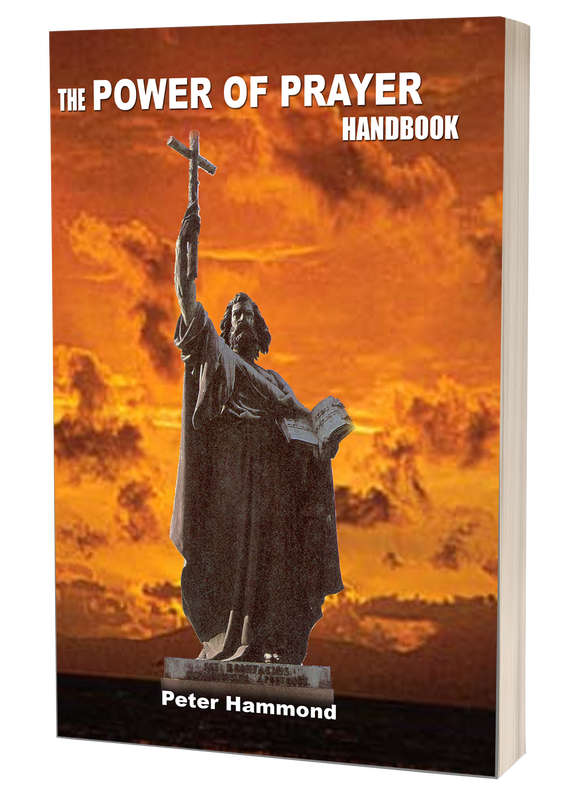
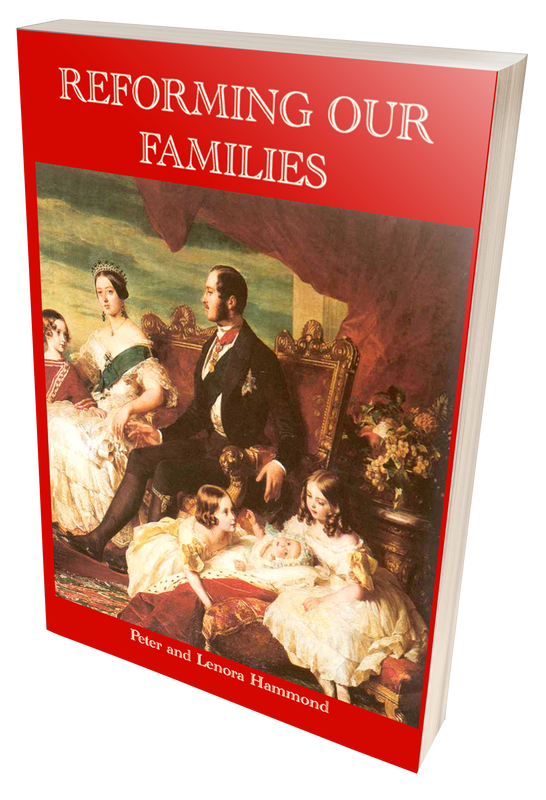
 RSS Feed
RSS Feed
